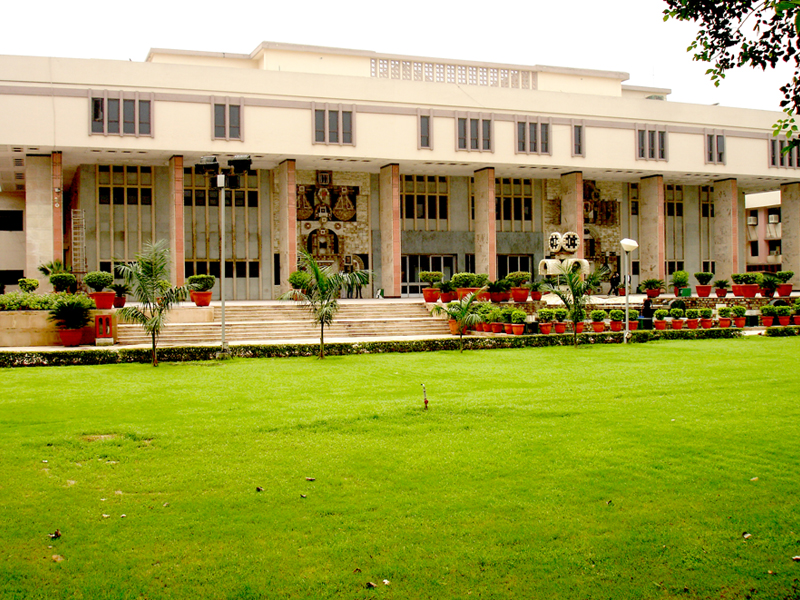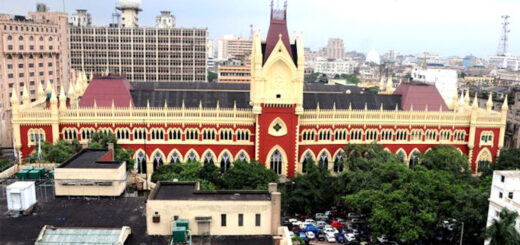Delhi Prison Rules state that a convict cannot be denied furlough just because they do not have a permanent residential address, according to the High Court.

The Delhi High Court ruled that a convict cannot be denied Furlough just because they do not have a permanent address in Delhi. This decision came from a Writ Petition filed by a prisoner who wanted to challenge the Order from the Director General of Prisons, Tihar, and requested a three-week Furlough. Justice Swarana Kanta Sharma noted that while the Delhi Prison Rules require a convict to provide their last confirmed address and the address where they will stay during Furlough, there is no rule that allows denial of Furlough solely for lacking a permanent address in Delhi.
The Court emphasized that Furlough is a reward for good behavior and recognizes the reform shown by prisoners. It also highlighted the importance of maintaining family and social connections as per the Delhi Prison Rules, 2018. Advocate Anup Kumar Das represented the prisoner, while Amicus Curiae Anish Dewan represented the State.
The Petitioner was held in Central Jail, Tihar, New Delhi, serving a life sentence given to him in a case linked to an FIR filed under Sections 302 and 323 of the Indian Penal Code (IPC) and Section 27 of the Arms Act, 1959. In 2002, this FIR was filed against him for allegedly attacking a man with a knife, injuring his chest and neck, stabbing the man’s younger brother, and assaulting their mother during a fight. The man died at the scene, and his brother later died in the hospital. After the trial ended, the Petitioner was convicted in 2008 and sentenced to death by the Trial Court. This death sentence was then referred to the High Court, which changed it to life imprisonment.
The Petitioner did not appeal his conviction in the High Court or challenge the Division Bench’s decision in the Supreme Court. He remained in jail since 2002 without being released on Bail, Parole, or Furlough. In 2020, the Sentence Review Board (SRB) reviewed his case for possible early release. The SRB noted the serious nature of the crime and that the Petitioner had never been granted Bail, Furlough, or Parole. Therefore, they denied his request for early release. In 2023, the Petitioner applied to the Competent Authority for his first Furlough of 3 weeks. However, his application was denied solely because he did not have a permanent address in Delhi and intended to stay at the address of another inmate who had previously been in the same jail. Upset by this decision, he took his case to the High Court.
The High Court, after listening to the arguments from the lawyers, stated that there is no rule in the Delhi Prison Rules that requires a convict to have been released on parole or furlough before the Sentence Review Board can suggest early release. The rules and guidelines do not make parole or furlough key factors in these decisions. Thus, the Sentence Review Board considers a broader range of factors, not just the convict’s past releases on parole or furlough. The Court pointed out that the SRB must consider the social context and economic conditions of prisoners, especially those without stable housing or family support for parole or furlough.
The Court also highlighted that during furlough, prisoners are still seen as serving their sentence, even though they are outside the prison. This time counts towards their sentence and shows the system’s trust in their ability to reform. It gives them a chance to enjoy freedom, reconnect with family, and find comfort, which supports their rehabilitation. Additionally, the Court stressed the need for a compassionate approach to prevent prison life from negatively affecting the mental health of inmates and to support their rehabilitation. The reformation of a prisoner should be seriously considered, and furlough should be viewed as a way to help them reintegrate into society. The Court noted that since the petitioner has been in prison for about 22 years without any complaints, it has set aside the order from May 17, 2023. Consequently, the High Court resolved the Petition and granted the Petitioner a three-week furlough on a personal bond of Rs. 10,000.
Cause Title: Raminder Singh @ Happy v. State NCT of Delhi (Neutral Citation: 2024:DHC:9083)
Appearance:
Petitioner: Advocates Anup Kumar Das, Uday Chauhan, and Aayushi Gupta.
Respondent: ASC Sanjeev Bhandari, Amicus Curiae Anish Dewan, Advocates Charu Sharma, Arjit Sharma, Vaibhav Vats, and Nikunj Bindal.








